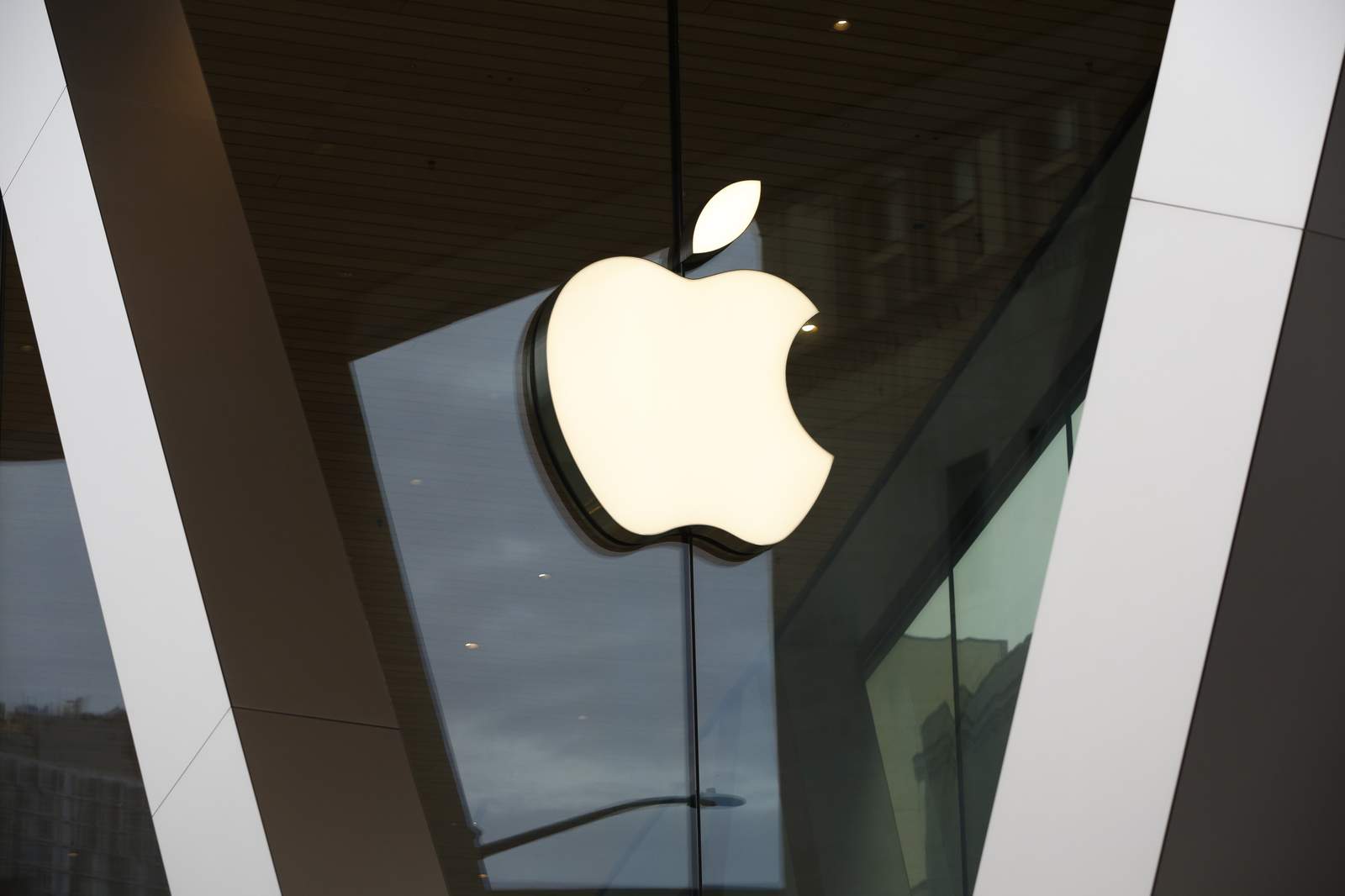What just happened? For creating illegal agreements within its distribution network and abusing the "economic dependence" of independent sellers, Apple was fined €1.1 billion ($1.2 billion) by the French Competition Authority today. The amount is the largest ever slapped by the country's watchdog, which also handed out separate fines to two of Apple's wholesalers: Ingram Micro €76.1 million ($85 million) and Tech Data €62.9 million ($70.3 million), for being part of the antitrust violation.
Barely a month after it was fined $27 million over throttling iPhones, Apple was once again under France's crosshairs, this time over monopolistic practices in a probe that started back in 2012.
The company was found to engage in anti-competitive behavior by having illegal price agreements with two wholesalers, Ingram Micro and Tech Data, preventing them from competing against each other as well as keeping premium resellers from lowering their prices. The end result was identical prices across nearly half of Apple's retail market.
"Apple and its two wholesalers agreed not to compete and prevent distributors from competing with each other, thereby sterilizing the wholesale market for Apple products," said Isabelle de Silva, president of the French Competition Authority.

"During this case, the Authority deciphered the very specific practices that had been implemented by Apple for the distribution of its products in France (excluding iPhones), such as the iPad," the authority further noted.
It also accused Apple of limiting supplies to resellers in favor of its own stores, a practice which the watchdog considered "particularly serious," terming it as "an abuse of economic dependence on its premium retailers."
"The French Competition Authority's decision is disheartening," said Apple in a statement to CNBC, adding that the decision relates to "practices from over a decade ago and discards thirty years of legal precedent that all companies in France rely on with an order that will cause chaos for companies across all industries."
The company further said that it strongly disagrees with the competition authority and plans to appeal the decision.
